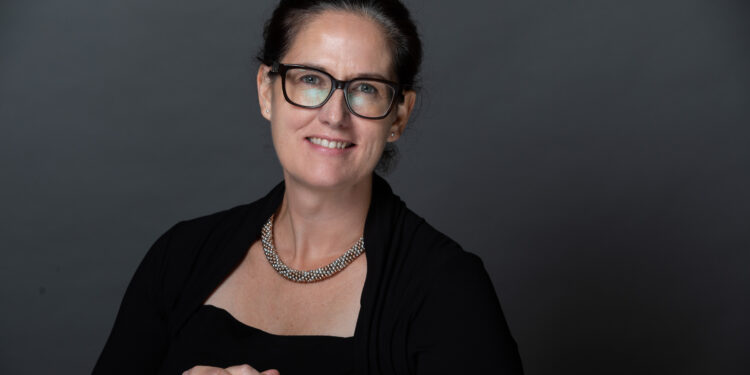- 45% of 18 – 34 year olds are planning to change jobs in the coming year, with one third actively looking for an employer who prioritises mental health support in the workplace
- Almost half (46%) of occupational health referrals are now for mental health
- Productivity levels are up since last year but at the expense of employees’ mental health, morale and motivation, falling by 19%, 23% and 17% respectively
- This comes at a time when 59% of HR leaders note their companies are looking to increase headcount representing a significant threat to business recovery and growth
- Research is part of the latest update in laya healthcare’s Brave New Era series, one of Ireland’s largest studies among Irish employees and employers in the workplace, published today, which highlights the urgent attention by employers needed to address the mental health issues and concerns of employees
(Dublin, Thursday, October 21st 2021): As the migration back to the workplace continues, urgent attention is needed by employers to address the mental health issues and concerns of employees as new research shows employees are in vital need of support. 45% of 18 – 34 year olds are planning to change jobs in the coming year and within this same age demographic, one in three people are more likely to move to an employer that provides mental health resources to support better mental wellbeing. 46% of referrals into occupational health currently are for mental health reasons, demonstrating how serious a problem this has become. These eye-opening statistics are part of the latest update in laya healthcare’s Brave New Era series, Ireland’s largest study of mental health in the workplace, published today with a full report available at https://www.layahealthcare.ie/bravenewera/.
HR leaders have reported that while productivity has increased by 28% during 2021, this has been at the cost of employees’ mental health, morale and motivation. Since the first wave of Brave New Era research in September 2020, overall mental wellbeing has decreased by 19%, morale at work has declined by 23% and motivation has reduced by 17%. 48% of employees have felt lonely and isolated, 46% have struggled to get a good night’s sleep and 24% have experienced sustained levels of anxiety. This is contributing to the fact that 54% of employees’ mental health has been negatively impacted by the COVID-19 pandemic.
These findings come as companies start to invest in the future and grow their workforces, with 59% of employers planning to increase the number of new hires in the coming months compared to just 29% in January 2021, thus signalling an imminent talent acquisition crisis which has the potential to derail business recovery and growth.
Commenting on research findings, Sinéad Proos, Head of Health & Wellbeing at laya healthcare said, “Our latest wave of Brave New Era research is showing that there is a correlation between the resources and prominence of mental health support in the workplace and how it can support recruitment and talent acquisition. Supporting the mental wellbeing of employees can no longer be a ‘nice to do’; it is essential to building a healthy and sustainable workforce that is able to support businesses growth ambitions.”
The research also showed that the stigma about mental health has not yet been broken, with 59% of employers and HR leaders stating that there is still a stigma about mental health in the workplace. 41% of employees share this view, yet this is more prevalent in manufacturing industries (59%), with 3 in 5 employees admitting they haven’t sought help for anxiety or mental health issues. Speaking in relation to this finding, Dr Sarah O’Neill, chartered psychologist and Chief Clinical Officer at Spectrum Life and clinical lead for laya healthcare’s 24/7 Mental Wellbeing Support Programme said, “The perceived stigma attached to mental health issues is by far one of the biggest hurdles to be overcome in organisations, which is a barrier for many in seeking help. In addition to providing mental wellbeing support services, the existence of the benefits provided needs to be communicated to employees. Employees need and expect mentally healthy workplaces.”
Prof John Gallagher, Specialist in Occupational Medicine said, “The picture is stark. With a large proportion of people using occupational health needing to do so for mental health reasons, it is clear that employers need to do more to intervene at the very earliest signs of a mental health issue to offer supports that can help a person to get back on track and reduce further deterioration of their mental health. Companies need to have a mental health strategy that focuses on resources and breaking the stigma of mental health which remains a barrier for many to seek help.”
Laya healthcare ishelping employers stay a beat ahead of supporting their employee’s mental health through the Brave New Era study, one of Ireland’s largest studies among Irish employees and employers in the workplace, and its sponsorship of Let’s Talk Mental Health in the Workplace’ taking place today. The Brave New Era report and recommendations to support a healthy workforce are available at https://www.layahealthcare.ie/bravenewera/.”








